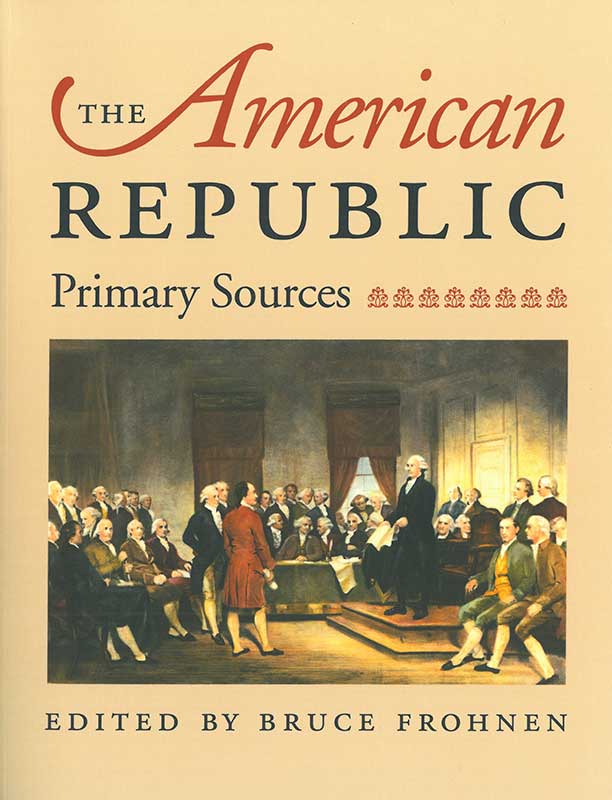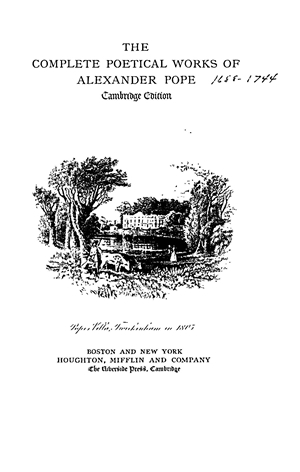Welcome to the Online Library of Liberty
The OLL brings books and ideas together so they can converse with each other and with you. We’ve gathered together collections of texts from historical movements and about big ideas that have changed the world to make it easier to allow our texts to “talk” to each other.
Featured Titles

Denis Diderot (author)



Featured Quotes
Socialism & Interventionism
The moving parts are men, that is, beings capable of learning, reflecting, reasoning, of making errors and of correcting them, and consequently of making the mechanism itself better or worse. They are capable of pain and pleasure,…
Food & Drink
Chagrined a little that we have been hitherto able to produce nothing in this way of use to mankind; and the hot weather coming on, when the electrical experiments are not so agreeable, it is proposed to put an end to them for this…
Economics
Consumption is the sole end and purpose of all production; and the interest of the producer ought to be attended to, only so far as it may be necessary for promoting that of the consumer. The maxim is so perfectly self-evident, that…